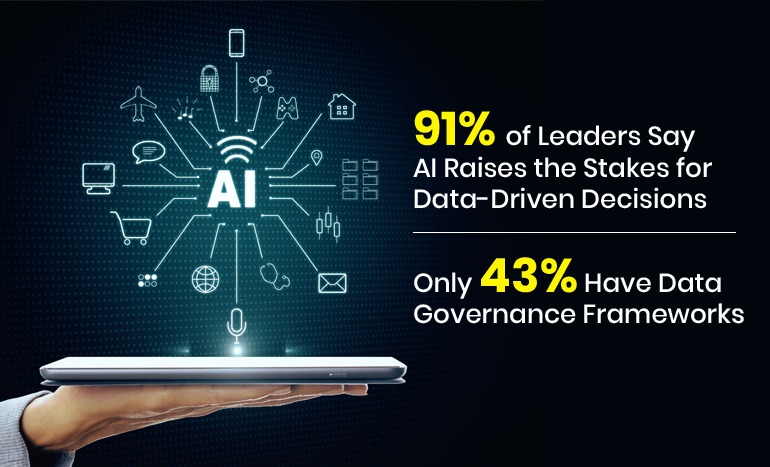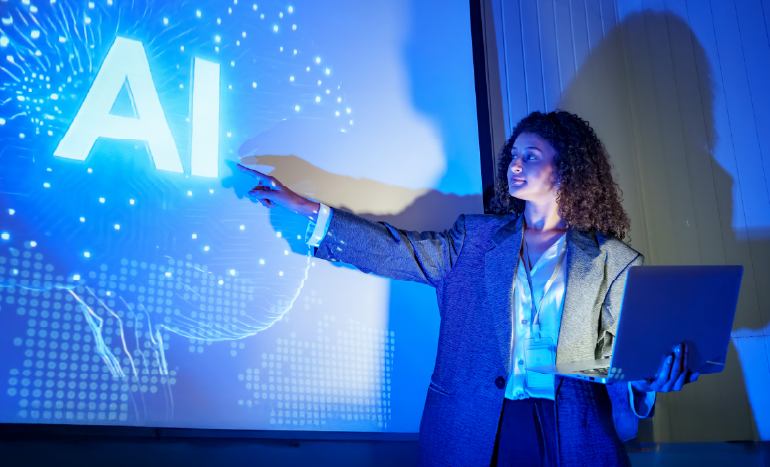The world of work is now going through the most disruptive changes after the industrial revolution. The dynamism of the global economy, which runs on evolving technologies, is creating new opportunities and has been able to provide work for more people than before. However, the same dynamism is also posing a challenge, while there is limitless new opportunities, there will also be massive dislocation of jobs. In modern economy the industries are continually going through changes in the use of technologies and work processes involved, the pace of innovation and automation is sweeping through our workplaces leaving the skills required for modern industries irrelevant in no time.
Skills and capabilities required for jobs in the age of technology are changing swiftly, occupations are undergoing a fundamental transformation as entire industries align with the growing power of technology. Automation will displace jobs where there is redundancy while others which require critical thinking will grow rapidly. In this scenario, broader skill set and elementary competencies that indicate an individual’s ability to adapt to changing markets and economic circumstances will be in demand
This transformation in industries leading to a dislocation of jobs will leave a talent shortage in many new fields and simultaneously unemployment will creep in as some of the traditional skills are rendered irrelevant. How do we tackle this? There is a lot of talk about reforming the education system, but then it’s not a cakewalk to reform a system which has existed for decades, and how long till it starts to reap the fruit. While the basic education system undergoes the reform, a more urgent solution to the challenge would be that the businesses and individuals see learning as a lifelong activity. That re-training and upskilling of employees be proactively taken up by companies.
Jobs like data analyst will be most sought after in an artificial intelligence driven industries, and the demand will also rise for jobs like specialized sales, new types of human resources, organizational development specialists, engineering specialties and government relations specialists, we will see decline in redundant manual jobs with the rise of automation and even pink collar jobs like customer support will be replaced by smart bots.
The role of enterprises, educators and individuals in a highly demanding future of work will be crucial in building a society where there is a balance of employment among the populations. Students should be exposed to the world of business and industries early on. There needs to be a strong tie up between the academia and the business world. The youth needs to be taught to be future-ready and broad disciplines of education and specialized knowledge with some transferable skills should be taught to them in school. Awareness of discipline should remain as the foundation on which new knowledge is acquired. Future-ready students should be able to apply their knowledge in new and changing circumstances.
Critical Thinking – it’s not what we learn, but how we learn.
Critical thinking, creative thinking, learning to learn and self-regulation must be taught as subjects in basic education, which will empower them to effectively apply multiple specialized skills across a range of industries and professions, building a strong transferable skill base for the self, while they navigate through complex careers. The pace at which information technology changes internally, workers will need to learn new skills to be able to stay relevant within the organization or while hopping jobs, to learn a new skill every few years requires a person to not to lose the learning ability and passion for new skills, critical thinking should be applied across range of skills.
Design thinking, system knowledge and creativity should be inculcated in young learners which will form the basis of their lifelong learning. If it takes 10,000 hours to take a new skill and master it, we can’t do it so often, but what we can do is pivot around the central idea of creative thinking and agile learning, and grow new branches of skills on a strong stem of wisdom.
Role of digital learning
The amount of learning that is required for future proofing young learners and training them lifelong for various skills will be overwhelming. Traditional way of classroom learning alone will not be able to cater to this. Digital learning has been widely used by institutions and enterprises in learning and training already, the flexibility provided by elearning needs to complement all the learning required to keep the modern economy sustain its growth. Elearning can be accessed by a great number of learners at once, and it can be taken in one’s own choice of time and place. Besides, elearning adds other features which make learning and training more impactful. Interactive content is fun and comprehensible, elearning can also be personalized and collaborative. Simulation is one great way of learning which is used in many industries, AR and VR enable learners engage with various scenarios and get a life like experience.
Besides acquiring knowledge and industrial skills, the workers of the future need also to understand the value of common prosperity, sustainability and well-being. We need to understand that the resources on Earth are not limitless, sustainability should be placed above short-term gain. When the societies are volatile and economies uncertain people need to collaborate and learn to defeat the challenges. As the economy progresses and might of scientific knowledge accompanies complexity, learning needs to evolve radically.







